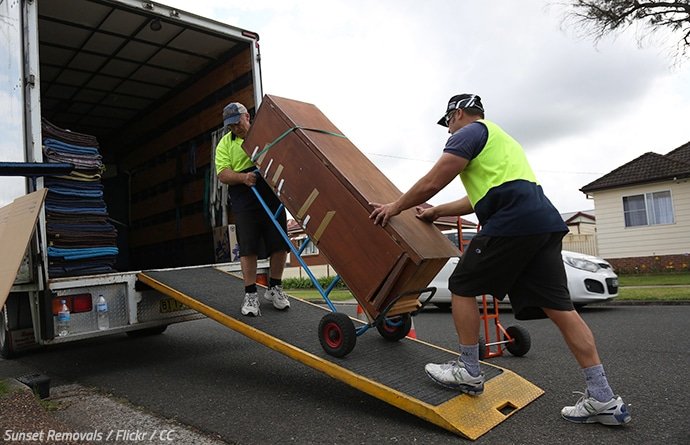Relocating to a new state can be both exciting and overwhelming. Whether you’re relocating for a job, family, or simply a change of scenery, selecting the right cross country moving company is essential for a smooth and successful transition. A trustworthy service provider can take much of the stress out of the equation, ensuring your belongings arrive safely and on time when you are moving from San Francisco to New York or between any other cities or states.

Start with Research and Referrals
The first step in choosing a reliable mover is conducting thorough research. Ask friends, family members, or coworkers if they’ve had positive experiences with any long-distance moving companies. Online reviews and ratings can also provide insight. Websites like Better Business Bureau (BBB), Yelp, and Google Reviews help you gauge the credibility of a moving firm through the experiences of past clients.
Don’t settle for the first option you find. Instead, compile a list of at least three different companies and compare their services, reputations, and pricing structures. This comparison can help you avoid scammers and find a provider that suits your specific needs.
Verify Licensing and Insurance
Legitimate cross country movers must be registered with the U.S. Department of Transportation (USDOT) and should carry a valid USDOT number. This number allows you to check the company’s safety record and legal status through the Federal Motor Carrier Safety Administration (FMCSA).
In addition to proper licensing, ensure the movers offer adequate insurance. Basic coverage is typically included, but consider purchasing additional protection if you’re transporting valuable or fragile items. Knowing your possessions are insured gives you peace of mind throughout the journey.
Request On-Site or Virtual Estimates
Reputable movers will offer an in-person or virtual walkthrough to assess the volume and weight of your belongings. Avoid companies that provide a quote without examining what needs to be moved. Binding estimates, which guarantee the final price based on the quoted weight, are often more reliable than non-binding ones.
During the estimate, ask for a detailed breakdown of services included in the price, such as packing, loading, unloading, and any storage options. Clear pricing helps prevent unpleasant surprises when it’s time to pay.
Look for Experience and Specialization
Moving household goods across state lines is vastly different from a local relocation. It’s important to choose movers with a proven track record in handling long-distance relocations. Experience often means better organization, safer transport, and timely delivery.
If you have specialized items like antiques, pianos, or artwork, inquire whether the company has expertise in handling those. Proper packing materials and techniques are critical to protect sensitive items during long hauls.
Evaluate Communication and Customer Service
From the first interaction, pay attention to how the company communicates. Prompt responses, courteous staff, and clarity in explanations are all good signs. A quality moving firm will keep you informed throughout the process—from pickup to delivery—ensuring you’re never left in the dark.
Consider how responsive they are to your questions and whether they offer a dedicated move coordinator. A single point of contact simplifies communication and enhances the overall moving experience.
Final Thoughts
Choosing the right cross country movers can make all the difference in your experience when you are moving from San Francisco to New York. By taking the time to research, compare, and evaluate each company, you ensure that your move is handled with professionalism and care. A little preparation today can lead to a much smoother tomorrow.
